‘Not a shred of evidence’ Martin McGuinness was British agent, claims ex-soldier
Posted by Jim on May 6, 2025
“There was suspicion among some of the volunteers I spoke to,” Jonathan Trigg said
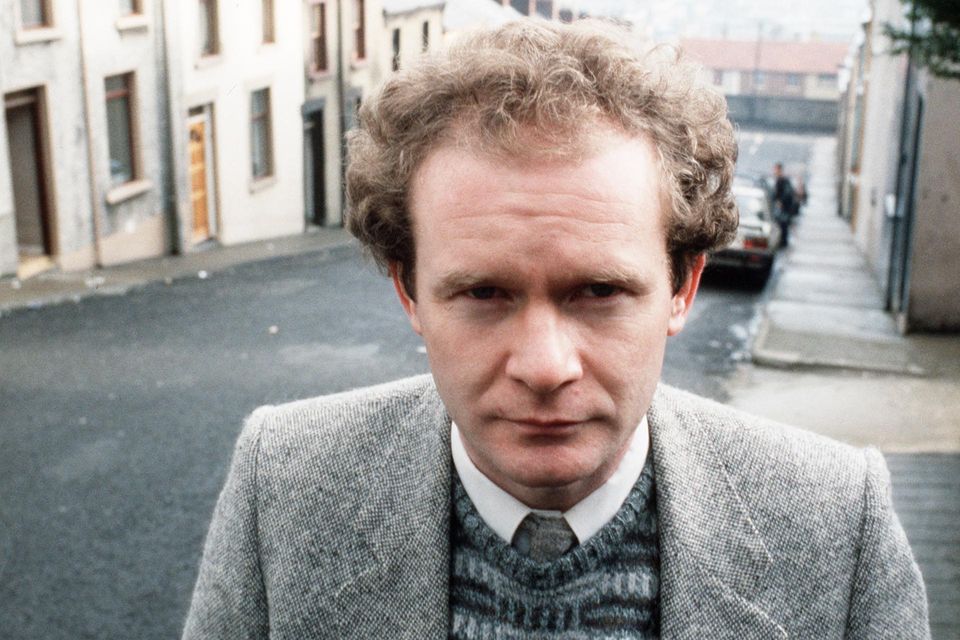
Today at 07:40
Martin McGuinness never worked as an agent for the British state – that’s the view of a former British soldier who has written a book on the Sinn Féin chief.
In his latest book Death In Derry, author and historian Jonathan Trigg said there is “not a shred of evidence” that the former Deputy First Minister was a state agent.
Rumour and suspicion have swirled round McGuinness for decades amid speculation that the British had a “superspy’’ at the top of the republican movement.
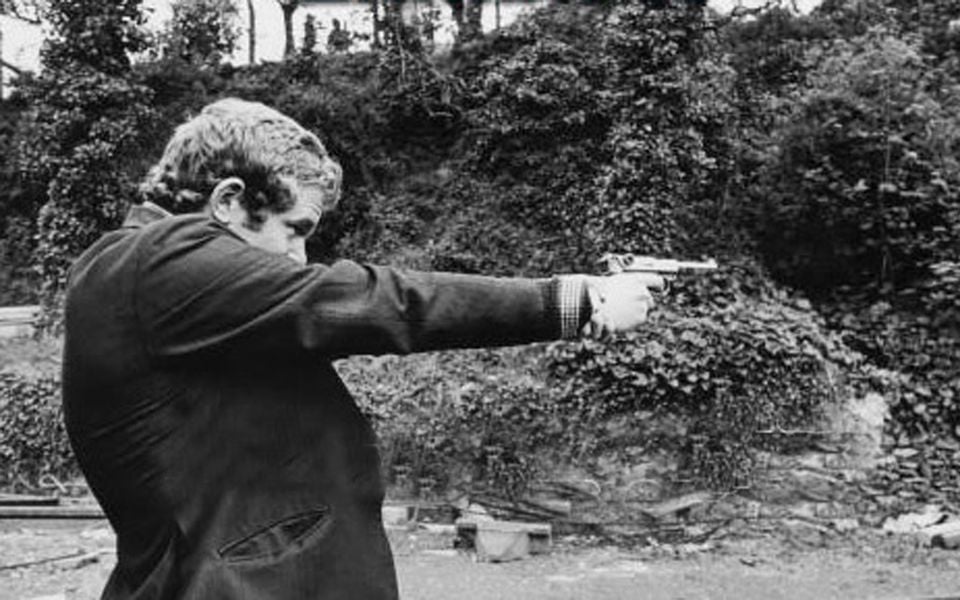
For Trigg, McGuinness was the ultimate urban guerilla commander, utterly dedicated to the cause, a diehard member of the IRA who eventually recognised that armed insurrection would not achieve their goals.
Trigg interviewed former IRA members and members of the security forces who fought in the streets of Derry – a campaign where McGuinness was in complete control.
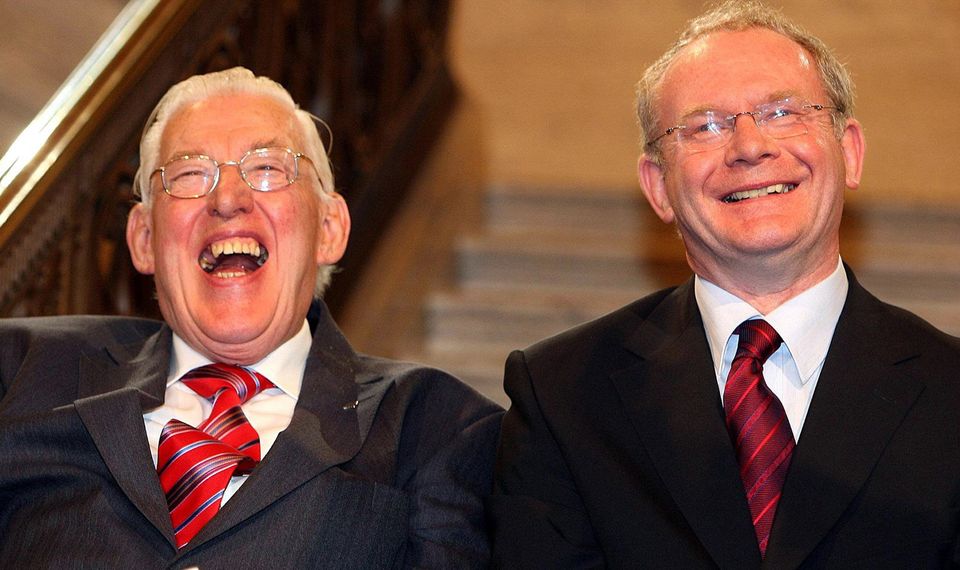
“There was suspicion among some of the volunteers I spoke to,” he said last week. “Why was his house not being searched like mine, where are all the Libyan weapons we’ve been promised and so on, but in all my research I did not discover a single shred of evidence that would suggest he was anything other than a dedicated republican.
Pause
Unmute
“I would describe him as flinty, tough, a hard man, ruthless even, together with (Gerry) Adams he was a formidable driving force in republicanism – one the politician, the other the army man.”
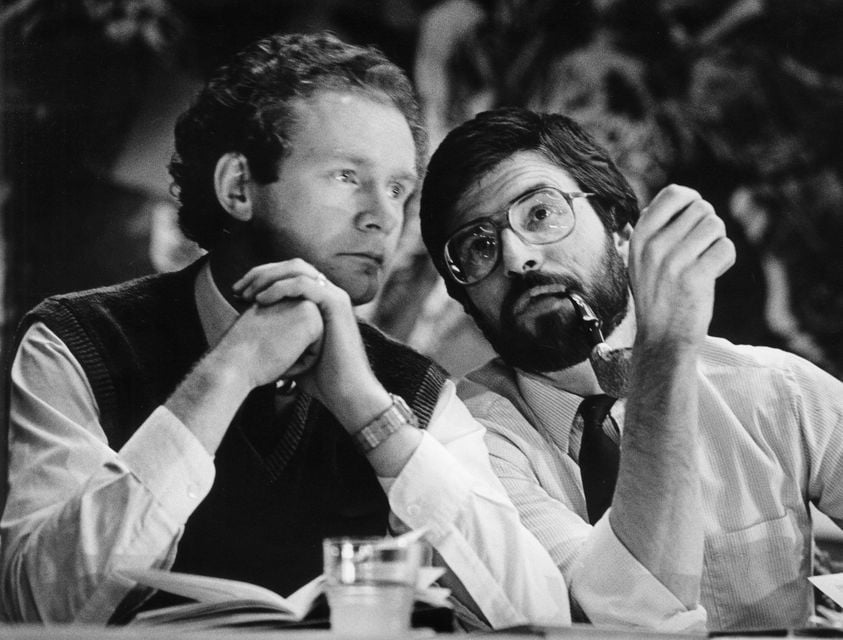
The book traces Derry IRA’s war against the British through the experiences of McGuinness who became head of the Provisional’s Northern Command.
From a teenage assistant working in Doherty’s Butchers and throwing stones at the army, he rose to the top of the terror organisation and ultimately to the corridors of power at Stormont.
As OC of the IRA’s Derry Brigade he was one of the key figures in the conflict. Front and centre, he never shied away from the spotlight, proudly declaring his membership of the organisation in an Irish court when others were strenuously denying their own involvement.
His domination of the Derry Brigade was unique, with every other IRA unit of any significance led by men who came and went as death, prison or retirement took them off the stage. But not so in Derry.

Trigg believes suspicion that he was an agent lay in the channels of communication between the IRA and the British which stretch back to the early seventies.
“1972 was a key year, we had Bloody Sunday and it was the worst year in terms of loss of life during the Troubles, back then the IRA called it the Year of Victory.
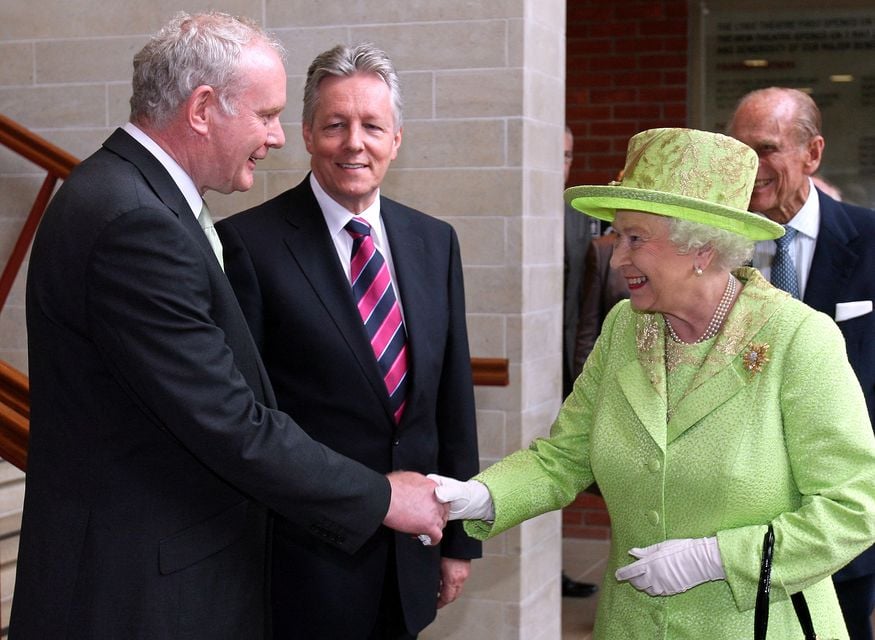
“They thought they would drive the British into the sea, but when it didn’t happen and it was clear the British weren’t going to leave, McGuinness and others, notably Adams, realised there had to be a plan B. It was the start of what we would know as the peace process.
“Sadly it was to take decades. When you’re fighting an insurgency such as the British did with the Mau Mau rebellion in Kenya and the US in Vietnam, it takes a very long time. The British came here thinking they could quell everything quickly.”

Bloody Sunday, when British paratroopers murdered 14 unarmed civilians, was to prove the watershed moment.
“It changed everything – up to then the situation was relatively contained. The battalion I served with had been the resident battalion in Derry. I only discovered this recently because no one talks about it.
“The soldiers had been there for some time, they knew the city and they knew the players. There was a lot of what they called ‘friendly rioting’ – throwing stones and bottles – but after coming off duty, the boys would go for a pint in the Bogside Inn!”
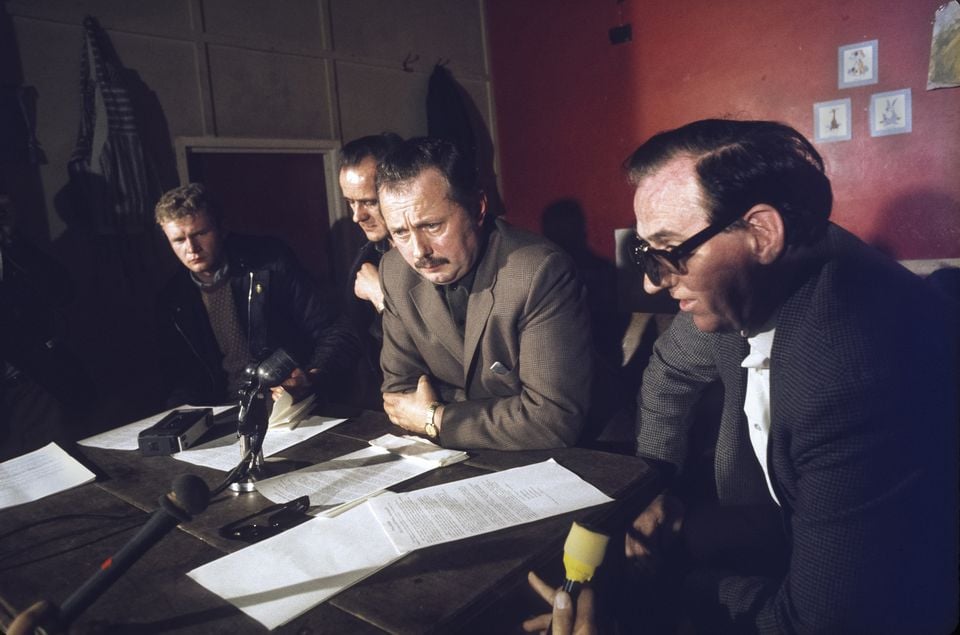
He said it all changed when his old battalion were ordered out of the city and the Paras were brought in.
“The command thought they were being too soft on the locals and sent in the Paras,” Trigg said.
Had the original unit been allowed to remain, he believes Bloody Sunday would not have happened.
“It rejuvenated the IRA campaign and McGuinness was in the thick of it.”
McGuinness’ strategy included a bombing campaign against commercial targets that reduced the city centre to rubble.
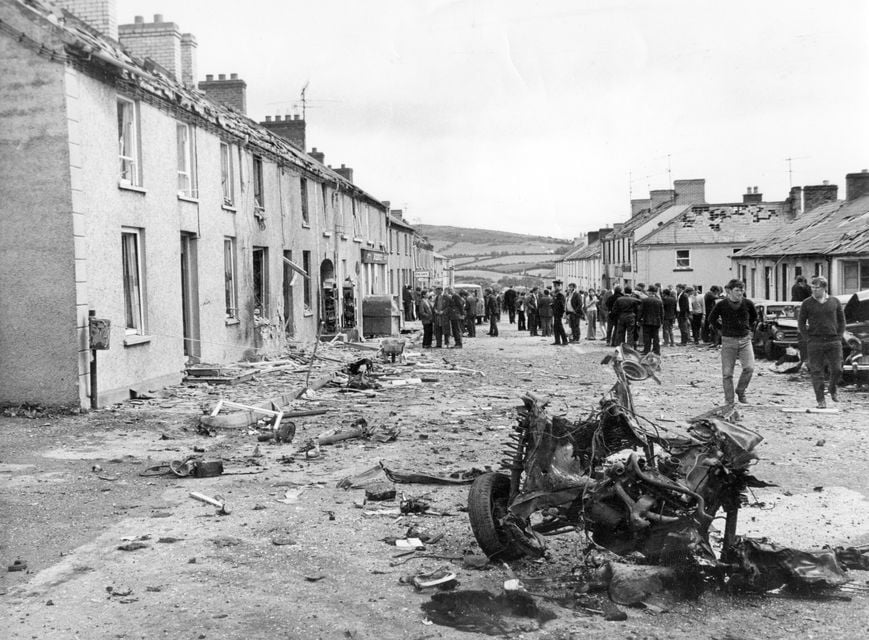
McGuinness tried to avoid casualties – it didn’t always go to plan. In July 1972 nine people were killed when two IRA car bombs exploded in the south Derry village of Claudy. No organisation claimed responsibility but it was widely accepted to have been the work of the IRA.
Trigg says South Derry IRA had been instructed by McGuinness to mount an operation that would “take the heat off’’ the Derry Brigade.
He said even as McGuinness realised armed struggle would not win the day they had to keep the campaign going as it was the IRA’s best “bargaining chip”.
Having published a book on the IRA’s notorious East Tyrone Brigade, he said former IRA members agreed to speak to him. Some are still living with what they went through and what they did.

“They had a relevance when the war was on, all of a sudden it stopped, they live in communities that don’t have a clue what they did or went through. In many ways I have sympathy for them,” Trigg said.
He admitted his view of the man he was writing about changed throughout the process of the book.
“Here was someone who personified everything about the IRA campaign – hard, dedicated, yet went on to compromise so many things such as dropping abstentionism which was so important to republicans.
“I think he and Adams deserve a huge amount of respect and credit, their longevity to see out an armed conflict and politics is just phenomenal.”
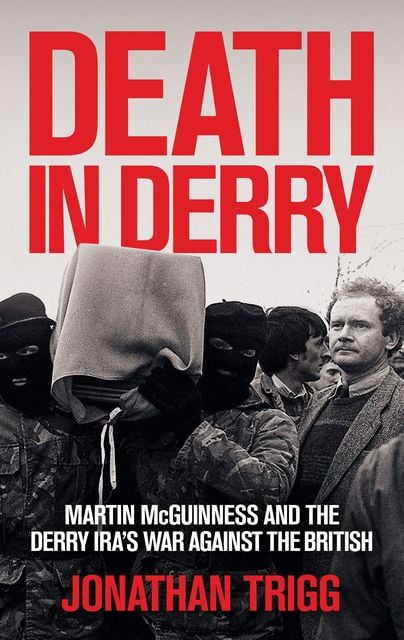
Death In Derry: Martin McGuinness And The Derry IRA’s War Against The British is published by Merrion Press priced £17.99/€18.99.